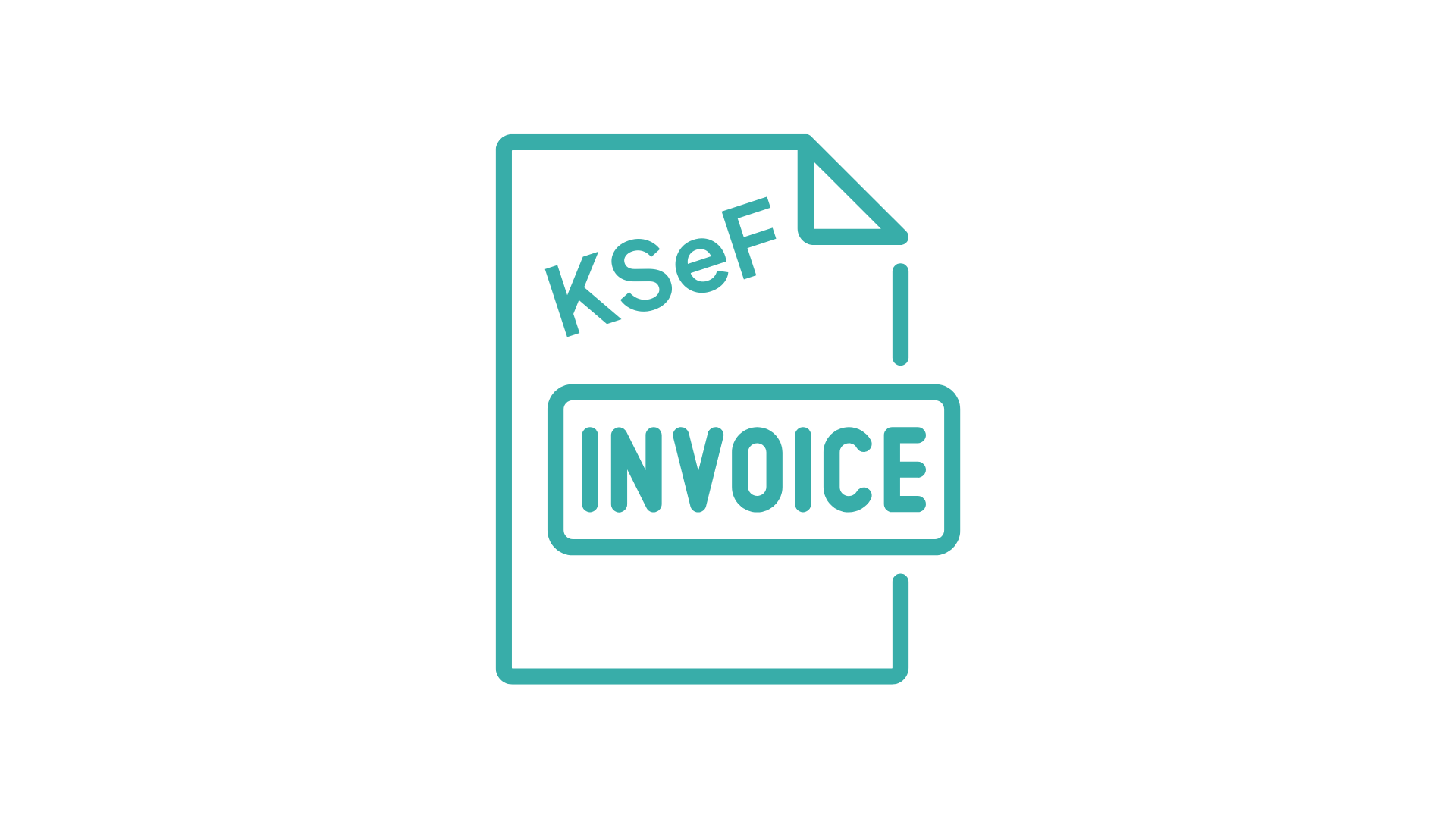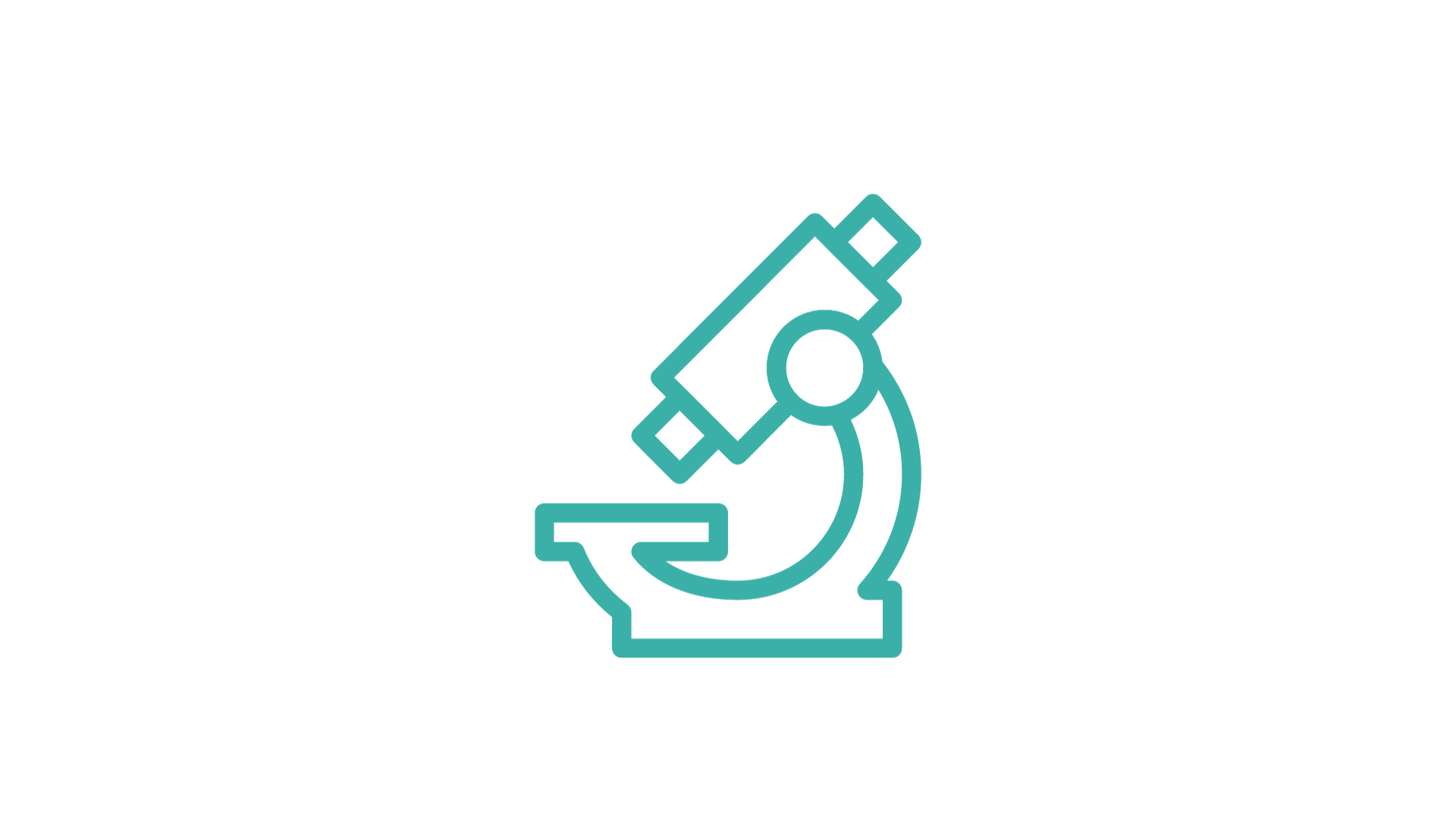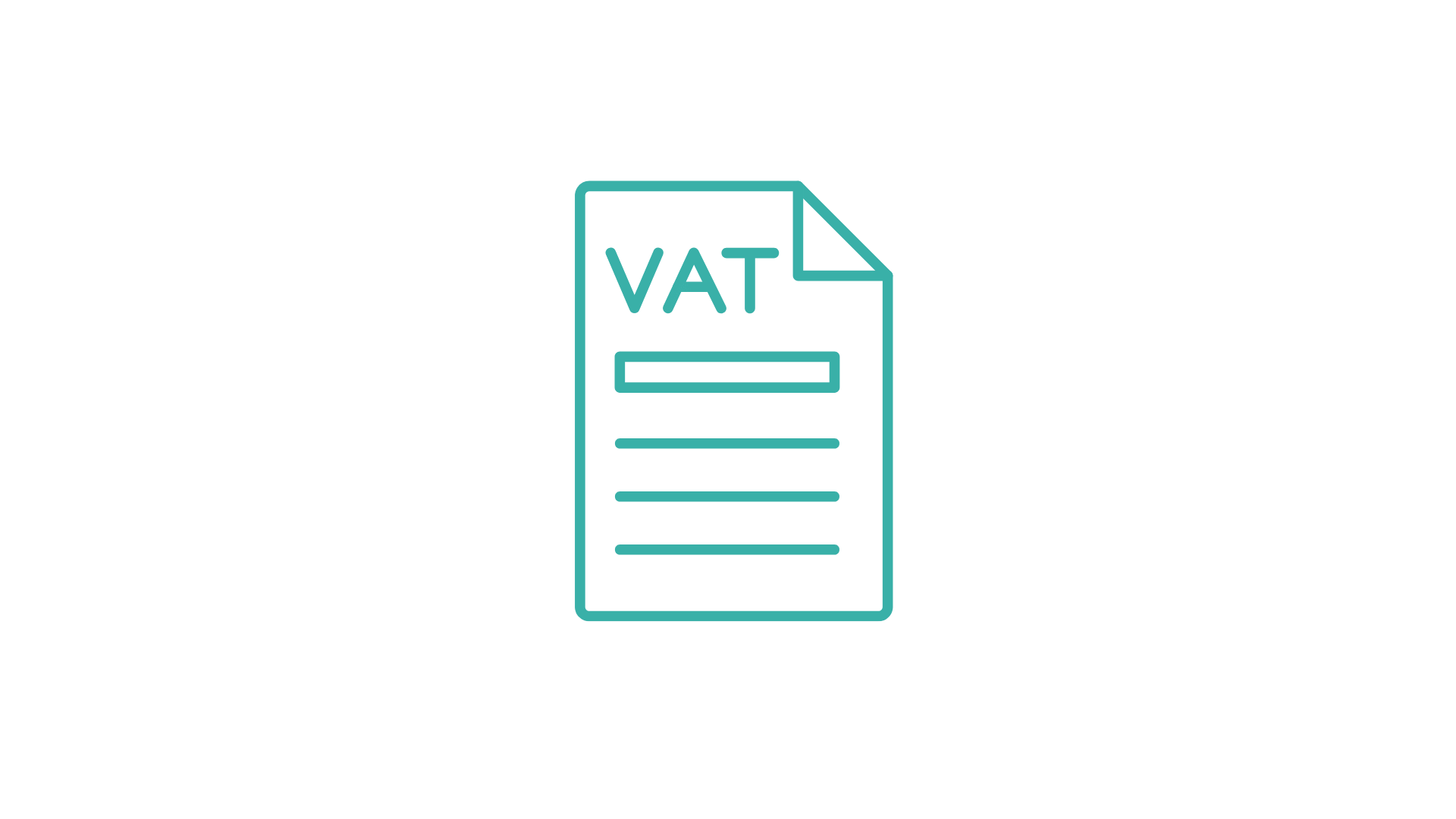KSeF, i.e. the National e-Invoice System, is a system for issuing and receiving electronic invoices introduced by the Ministry of Finance. Although KSeF can be used voluntarily from the beginning of 2022, a revolution in the current invoicing is announced for July 1, 2024, when the use of the KSeF system will become mandatory. For whom will this system be mandatory and when will it be necessary to issue only structured invoices?
What is KSeF?
The National e-Invoice System (KSeF) is an ICT system that allows you to issue and receive structured invoices, That is electronic invoices having a structured XML format instead of the standard PDF. In other words, a structured invoice is an e-Invoice issued by KSeF – such a document has an individual identification number assigned by the system. National register of invoices guarantees the authenticity of the origin of each e-Invoice, as well as the readability and integrity of its content. The system is used to electronically invoice all transactions that have been invoiced so far, and ultimately it is to be the only acceptable form of invoicing e-Invoices. Since when is it mandatory? Will KSeF issue invoices?
[accounting_banner]
National e-Invoice System – since when?
First of all, the Ministry of Finance offered entrepreneurs voluntary use of KSeF – from January 1, 2022 to June 30, 2024. On June 16, 2023, the President signed the Act amending the Goods and Services Tax Act and certain other acts. By virtue of the KSeF Act will be mandatory from July 1, 2024 for active VAT taxpayers and from January 1, 2025 for taxpayers who are exempt from VAT in terms of issuing invoices in terms of the subject and object. Until then KSeF invoices are only one of the acceptable forms of documenting sales - next to paper and electronic invoices (PDF).
KSeF – for whom will it be mandatory? Who is not affected?
Mandatory KSeF will include activities that previously required documentation with an invoice issued in accordance with the VAT Act. This applies to all activities subject to VAT in Poland, including domestic supplies of goods, provision of services to public authorities and transactions between business entities (B2B).
The National e-Invoice System WILL NOT be mandatory for:
- taxpayers who do not have their registered office or permanent place of business in Poland,
- taxpayers who do not have their registered office in Poland, but have a permanent place of business in Poland, which, however, is not related to the invoiced supply of goods or provision of services,
- taxpayers using special procedures,
- invoices issued to a buyer of goods or services who is a natural person not running a business (B2C),
- properly documented supplies of goods or services for which there is no obligation to issue KSeF invoices in accordance with the regulation of the Minister of Finance.
How to issue KSeF invoices?
KSeF electronic invoices it will be possible to issue using free tools provided by the Ministry of Finance or using commercial programs integrated with KSeF. The Ministry of Finance has already made it available free of charge KSeF Taxpayer Application, which allows you to post, receive and view structured invoices, as well as permission management, preview KSeF invoices without the need to log in and checking the status of e-Invoice processing and downloading UPO (official confirmation of receipt).
Each electronic invoice issued in KSeF is stored in the system for 10 years, counting from the end of the year in which it was issued. After a decade, the taxpayer is obliged to store invoices outside the KSeF until the limitation period for the tax liability expires.
Tax and business benefits from implementing KSeF
What are the advantages of using the National e-Invoice System? Here are a few of them:
- taxpayers using KSeF who apply for a VAT refund will receive it in a shorter time (40 instead of 60 days),
- taxpayers will not have to issue duplicate invoices because it is impossible to lose the e-Invoice,
- correcting invoices in KSeF is to be faster and easier,
- taxpayers using KSeF will not have to send JPK_FA at the request of tax authorities,
- buyers are sure that the structured invoice was issued by an authorized entity, and the issuer knows that the recipient received the e-Invoice,
- the introduction of a single e-Invoice standard is intended to improve business transactions and have a positive impact on the speed of data exchange in contacts between contractors,
- Structured invoices are intended to automate accounting processes by reducing errors when entering data manually and eliminating the need to scan and copy invoices.
KSeF invoices – independently or with an accounting office?
Each taxpayer receives full rights in the National e-Invoice System. This means that he can settle invoices himself and designate entities that handle accounting on his behalf.
If a taxpayer uses the services of an accounting office, there are several models of cooperation:
- the taxpayer does not grant access to the KSeF to an accounting office – although it issues mandatory structured invoices, it does not grant access to the office and continues to provide it with paper or PDF invoices,
- the taxpayer grants the accounting office access to KSeF as an entity – simple use of integration with KSeF, but may require greater involvement in access management,
- the taxpayer grants access to the KSeF to the owner of the accounting office as a natural person – this method provides greater control over access to the KSeF system, reduces the risk of data leakage and facilitates the identification of persons responsible for errors,
- the taxpayer grants access to the KSeF to a selected employee of the accounting office – this method facilitates cooperation with the accounting office if one guardian is permanently assigned to the taxpayer.
Open Profit is an accounting office offering online accounting services. We assign each client an individual Account Manager who maintains the company's accounting throughout the entire period of cooperation and provides services Consulting services. We do not offer an accounting program, so cooperation with us does not require integration with KSeF. Delivery of documents and contact takes place in electronic form, and taxpayers using KSeF can grant their guardians access, thus facilitating the management of company documentation. Want to learn more about KSeF? contact us and get support from accounting specialists online!
FAQ
When will the end of paper invoices?
When the obligation to issue becomes effective KSeF invoices (July 1, 2024 or January 1, 2025) the paper form of invoice will become unnecessary. This does not mean, however, that paper invoices will completely disappear, although they will become fewer and fewer over time. Due to the fact that KSeF will not be mandatory for everyone, the following items will still be in circulation: consumer invoices (B2C), tickets serving as invoices (e.g. receipts on toll motorways) or invoices issued within OSS and IOSS.
Who will have to use KSeF?
When it comes to, KSeF for whom will be mandatory, electronic invoices Entrepreneurs whose activities are subject to VAT, including domestic supplies of goods, B2B transactions or the provision of services to public authorities, will have to issue them. However, some taxpayers will be exempt from the obligation to issue e-Invoices.
Will KSeF come into force?
Yes. KSeF will be obligatory from July 1, 2024 for active VAT taxpayers and from January 1, 2025 for taxpayers using a subjective exemption and performing activities exclusively exempt from VAT in their subject matter.
When do electronic invoices come into effect?
WITH national invoice register can be used voluntarily from January 1, 2022, but mandatory KSeF will enter into force on July 1, 2024 for VAT taxpayers and on January 1, 2025 for taxpayers who are exempt from VAT both subjectively and objectively.


